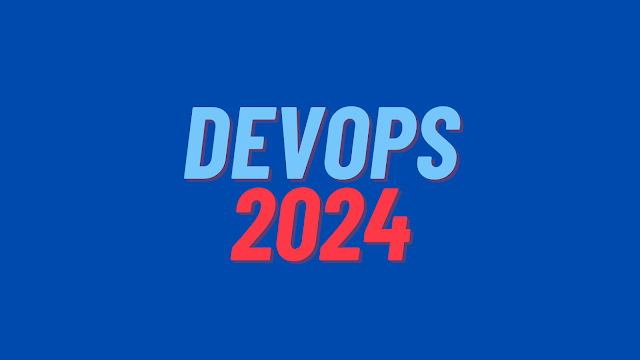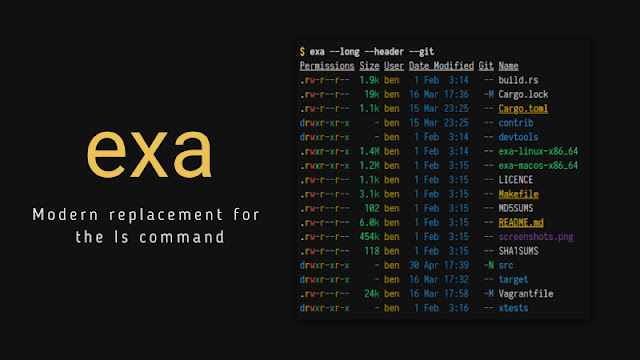Scaling Docker Containers with Kubernetes: A DevOps Guide
In our previous post, we explored the art of optimizing Docker containers for improved performance. Today, we'll take the next step in your DevOps journey by diving into Kubernetes, a powerful container orchestration platform that can help you scale and manage your Docker containers effectively.
Why Kubernetes for Docker?
Kubernetes and Docker are like the dynamic duo of containerization. While Docker excels at creating and packaging containers, Kubernetes takes container management to a whole new level. Here's why they complement each other so well:
- Efficient Scaling: Kubernetes simplifies the process of scaling your Docker containers. Whether you need to handle increased traffic or distribute workloads across multiple containers, Kubernetes can orchestrate it seamlessly.
- Resource Management: Just as we discussed optimizing Docker containers for resource usage in our previous post, Kubernetes can further enhance resource allocation by automating container placement and scaling based on real-time demands.
- High Availability: Kubernetes ensures high availability by automatically replacing failed containers or nodes, which is crucial for mission-critical applications.
- Load Balancing: Kubernetes comes with built-in load balancing, allowing you to distribute incoming traffic across your Docker containers for optimal performance.
Getting Started with Kubernetes
If you're new to Kubernetes, fear not. We've got some DevOps tips to help you get started:
1. Deploying Kubernetes: Begin by setting up your Kubernetes cluster. You can use managed Kubernetes services like Amazon EKS, Google Kubernetes Engine (GKE), or deploy your cluster using tools like kops or kubeadm.
2. Containerizing with Docker: Since you're already familiar with Docker, it's easy to transition. Create Docker images for your applications, just as you did in our Docker optimization guide.
3. Kubernetes YAML: Define your application's desired state using Kubernetes YAML manifests. These files specify how your Docker containers should run within the cluster.
4. Scaling and Load Balancing: Utilize Kubernetes commands to scale your Docker containers up or down based on traffic. Implement services and ingresses for efficient load balancing.
5. Monitoring and Logging: Implement Kubernetes monitoring tools like Prometheus and Grafana, which we touched upon in our Docker optimization post, to keep a close eye on your containers' performance.
Connecting Docker Optimization with Kubernetes
Now, here's where the magic happens. By optimizing your Docker containers as we discussed earlier, you're setting the stage for Kubernetes to work even more efficiently. Those streamlined, minimal layers and resource constraints will be leveraged to their fullest potential within your Kubernetes cluster.
Conclusion
In the world of DevOps, mastering Docker and Kubernetes is a formidable combination. We've now equipped you with the knowledge to optimize your Docker containers and introduced you to Kubernetes as the next logical step in your journey. By seamlessly connecting these two DevOps powerhouses, you'll be well on your way to creating scalable, high-performance containerized applications.
So, if you've already optimized your Docker containers, it's time to embrace Kubernetes and unlock a new level of container orchestration and scalability. Stay tuned for more DevOps insights and tips right here on DevOps Daily Tips!






.png)




Comments
Post a Comment